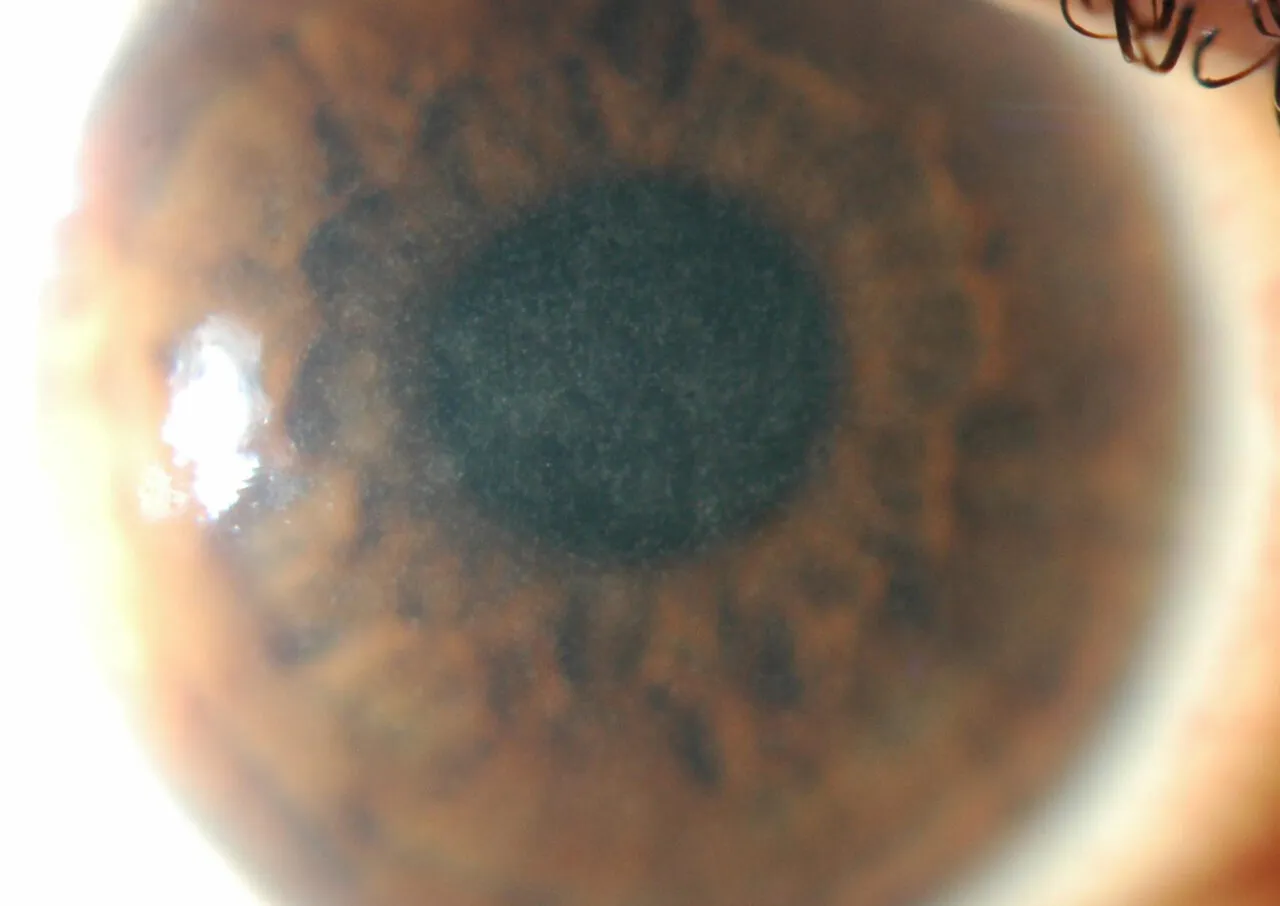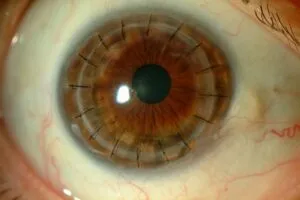Eye diseases
Keratitis

This can have permanent after effects on your vision.
Poor contact lens use increases the risk.
Diagnosing and treating it in time is essential.
What is keratitis?
Keratitis is the inflammation of the cornea, the front transparent part of the eye. It can affect just its surface layers or the deeper layers, and might even lead to ulcers and corneal scars that jeopardise vision. This disease should therefore be diagnosed and treated in time to avoid complications and serious after effects.
Symptoms
Causes and risk factors
Treatment
Redness and eye pain are two symptoms that should urge you to arrange an emergency visit to the ophthalmologist. In the event of keratitis, you will often also notice excess tears and that light bothers you greatly, as well as a loss of visual acuity depending on the degree to which the cornea is affected.







